Thinking About Living in Switzerland? Here are 10 Pros and Cons
Thinking about living in Switzerland? In this post by Lucy Ferguson (bio) you’ll learn the pros and cons about living in Switzerland as an expat.
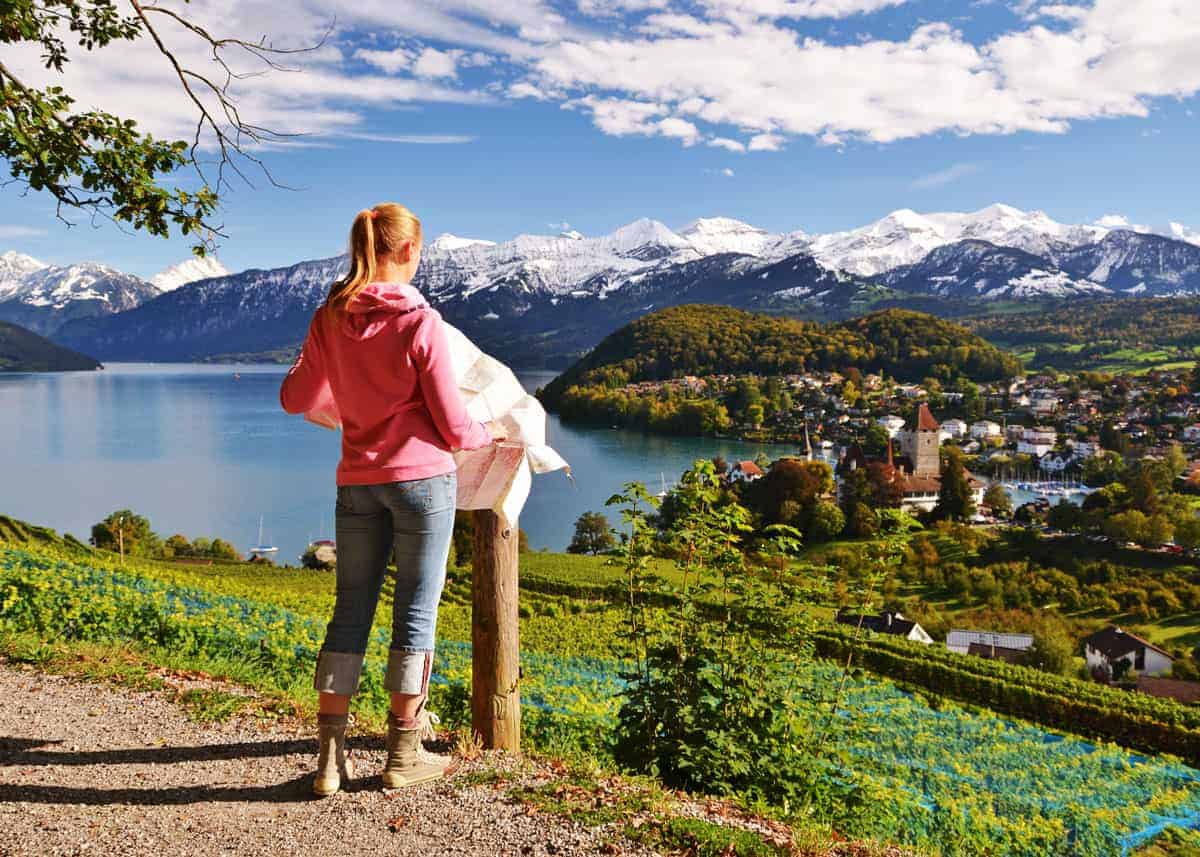
Thinking About Living in Switzerland? 10 Pros and Cons
We all know plenty of stereotypes about Switzerland, some of which may be appealing to potential expats. But these visions of mountains, money, and Swiss efficiency don’t always match the reality of daily life, and some of our long-held beliefs about the country may prove rather poor reasons to move here.
Below I’ve listed a few of the factors you shouldn’t rely on when moving to Switzerland, and what you can expect instead.
X Earning lots of money
It’s true, there is potential to earn a lot of money in Switzerland. According to the OECD, Switzerland offers the second-highest wages in the world.
Unfortunately, your gender may play a role in your financial prospects. In 2016, women working in the private sector earned 19.6% less than men and occupied almost two thirds of the positions paying less than CHF 4,000 (around $3,900) per month (find a short press release in English and more information in German).
Depending on where you move from, you may also find it more challenging balancing your career with raising a family in Switzerland. Children do not attend school full-time for several years, putting pressure on some parents to spend a lot of their income on childcare or to reduce their working hours.
✔ Being compensated for your time
What you can expect when working in Switzerland is to be compensated for your time, and to have quite a bit of it away from the office.
According to the Swiss Federal Statistical Office, the average number of hours worked by full-time employees in 2017 was 41 hours and 7 minutes per week (find a press release in English and more information in German). Ferienwochen, or holiday time, was 5.14 weeks.
Working hours are strictly regulated in Switzerland, and you should be compensated for any overtime you do — either with a premium of 25%, or with time off in lieu.
You’ll also be able to enjoy several public holidays, both national and regional. Not all will fall on a weekday, but there are still plenty to go around. In Lucerne, where I live, 14 of our 16 public holidays will fall on a weekday this year. In the UK, that number is 8.
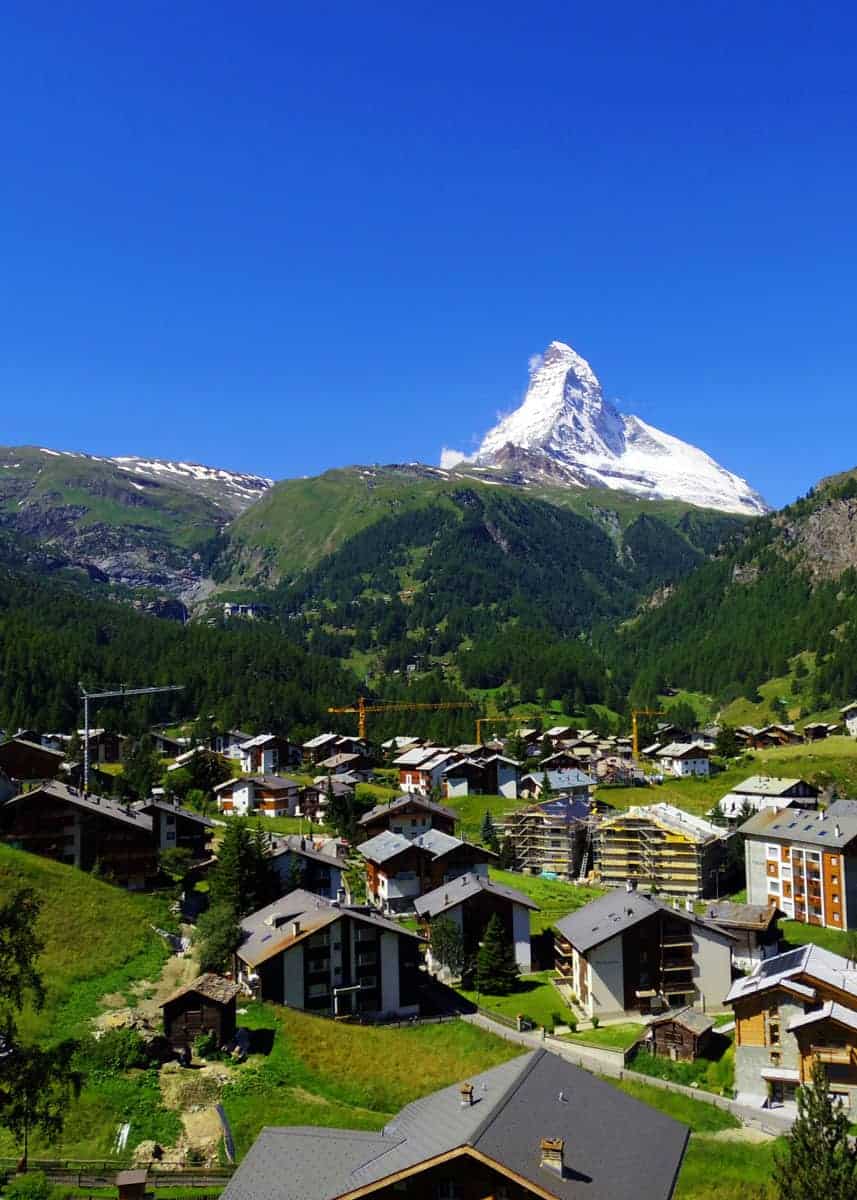
More reading: 12 Awful Reasons to Travel Abroad
X Getting a Swiss passport
Though moving to Switzerland would be a good start, obtaining a Swiss passport isn’t easy (or cheap or quick). If you have no previous ties to the country, you will have to wait 12 years before being able to apply. The process varies between regions, but you’ll generally have to prove a certain level of one of the national languages, knowledge about Switzerland, and integration into the local community.
Even if you tick all these boxes, there’s still a chance to fall at the final hurdle — a vote by a panel or assembly of citizens from your local community, who can decide to reject your application if they wish.
✔ Ability to travel
Whether you have a Swiss passport or not, Switzerland makes a good base for those wishing to travel.
Nestled in the middle of Europe, Switzerland borders France, Italy, Germany, Austria, and Liechtenstein and is part of the Schengen area, allowing easy travel between these countries and beyond.
X Easy integration
In 2018, Switzerland fell to no. 65 out of 68 countries for ease of settling in, according to a survey by Internations.
- 62% of respondents reported difficulties in making friends with locals.
- 37% said they did not feel at home in the local culture.
(The worldwide averages were 36% and 24% respectively.)
From my own experience, integration in Switzerland takes perseverance and time. Not everyone will welcome you with open arms. The onus is on you to keep trying and to prove your dedication to joining the community.
✔ Living in an international society
In the same survey, 53% of expats in Switzerland said they were mostly friends with other expats. Switzerland has a large population of foreign residents, and the potential to form international friendships is high. Especially in cities, there are meetups, clubs, and events for international residents all over Switzerland.
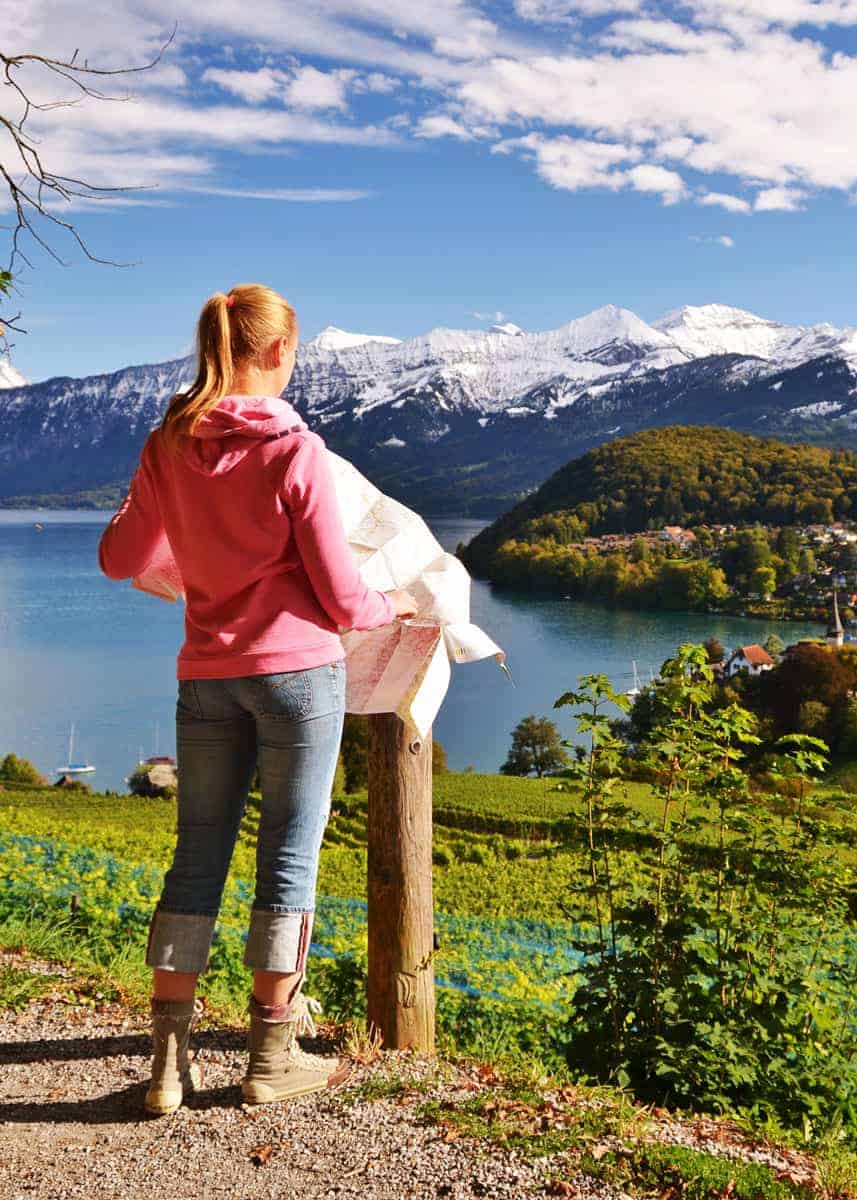
10 Reasons to Live Abroad: Guide for Future Expats
X Speedy service
You rarely see service personnel looking flustered or hurried in Switzerland, no matter how busy things get. You may notice waiters and waitresses floating serenely past you several times before returning eye contact, and administrative processes can take months to settle, despite the country’s reputation for efficiency.
✔ Quality products and services
They say good things come to those who wait, and that does seem to be the ethos in Switzerland. It might take a while, but, when you do receive a product or service, you can be confident that it is high in quality, and that plenty of man hours were invested in its completion.
X Personal space
If you dream of a sprawling house with acres of land, Switzerland might not be the place for you. Much of the country is taken up by the Alps, and the remaining land comes at a premium. Even in the countryside, it is far more usual for families to live in apartments than it is in places like the UK.
If you take a look around a Swiss town or village, you may notice there isn’t much of a “garden culture” here either. To my British eyes, detached houses sometimes seem to be plonked quite close to each other with no obvious boundary in between, and it can be difficult to gauge how much land (if any) belongs to each occupant.
✔ An outdoor lifestyle
You might not need much space at home if you want spend your free time in the great outdoors — which, in Switzerland, is gloriously easy to do.
Due to Switzerland’s compact size, even city dwellers can escape the hustle and bustle relatively quickly. For many the mountains are just a stone’s throw away, attracting hikers in both summer and winter, and making skiing a legitimate option for a spontaneous day out.
Just like any country, life in Switzerland has its pros and cons, and it takes some adapting to. Individuals can manage their expectations by researching the country before a move, but some things just have to be experienced first-hand!
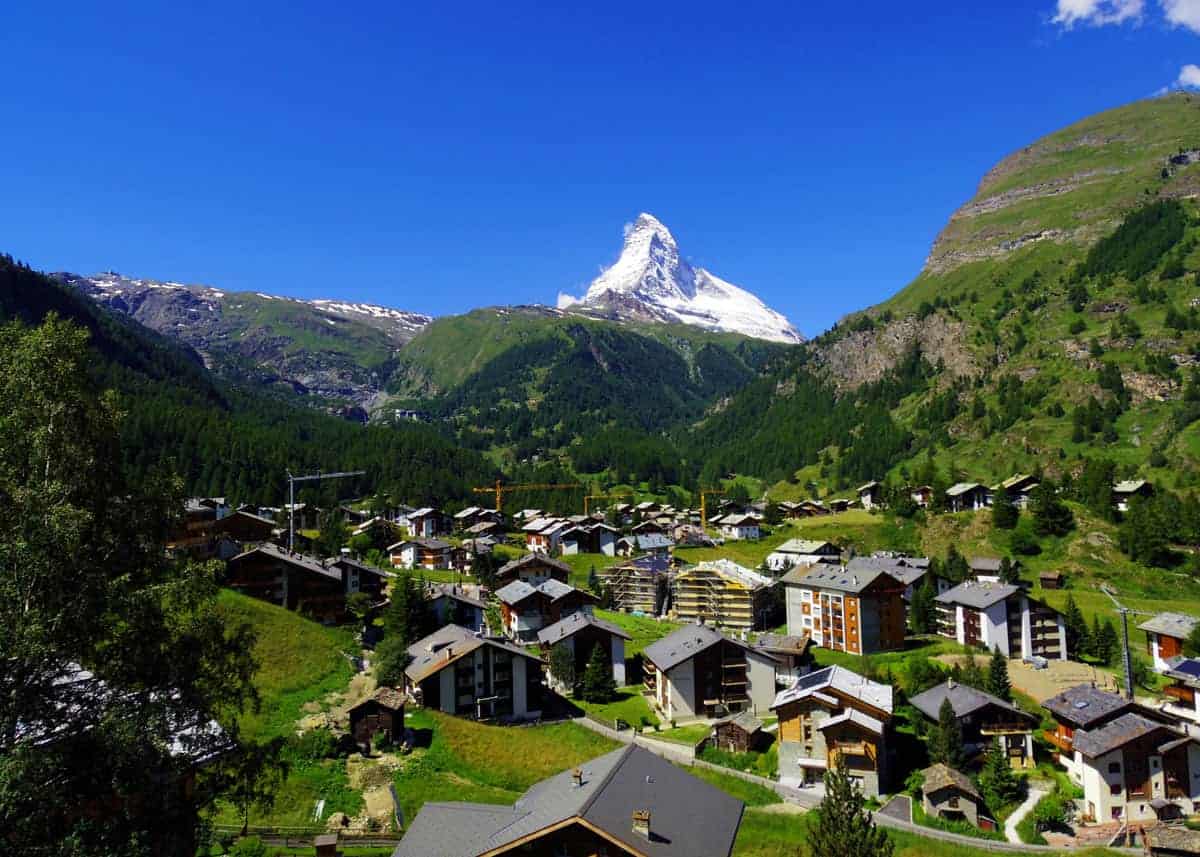
More reading: Here are 10 things to know as you plan your move to Lucerne Switzerland.
 Author Bio
Author Bio
Lucy Ferguson is a freelance writer and editor. She moved to Switzerland from the UK in 2017 and does her best to get to grips with the language and customs in her new home city, Lucerne.
She can be found on or in the Vierwaldstättersee in all seasons, or admiring it from higher altitudes. www.wordhouse.ch

 Author Bio
Author Bio
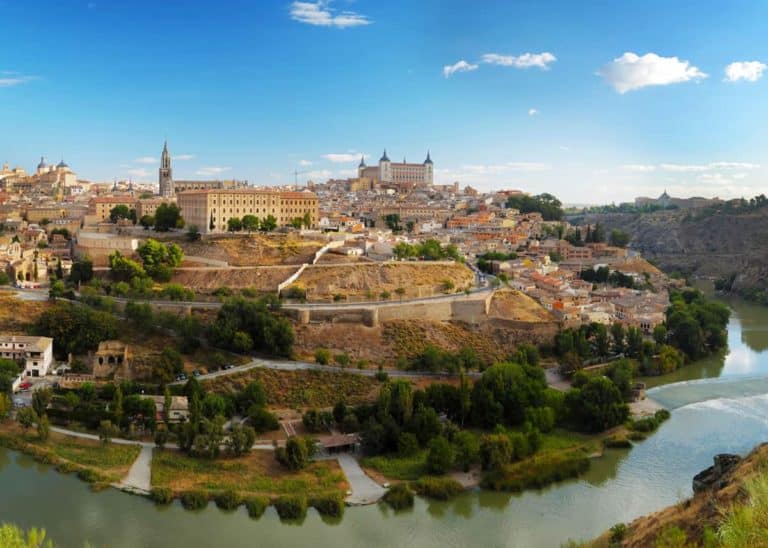




Very nice like it
Dream destination
This sounds actually pretty great. I just love the nature and the mentality of Swiss people. I’m thinking of moving there once this corona stuff is all over, hopefully. 🙂